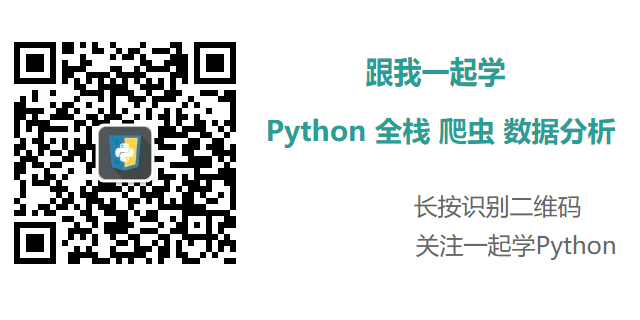242. 有效的字母异位词
描述
给定两个字符串 s 和 t ,编写一个函数来判断 t 是否是 s 的字母异位词。
示例
示例 1:
输入: s = "anagram", t = "nagaram"
输出: true
示例 2:
输入: s = "rat", t = "car"
输出: false
思路
排序法
对两个字符串进行排序,若满足题目要求则其排序后定相等。
# 排序法 O(NlogN)
class Solution(object):
def isAnagram(self, s, t):
"""
:type s: str
:type t: str
:rtype: bool
"""
return sorted(s) == sorted(t)
即使使用最快的快排方法,时间复杂度也有O(NlogN)
哈希计数法
根据定义,每个字符串的中的每个字符的数量是相同的,所以,对每个字符串进行哈希计数,若两个哈希表相同,则返回 True ,Python 中使用字典来实现哈希表。
class Solution2(object):
def isAnagram(self, s, t):
"""
:type s: str
:type t: str
:rtype: bool
"""
s_dict = {}
t_dict = {}
for item_s in s:
if item_s not in s_dict:
s_dict[item_s] = 1
else:
s_dict[item_s] += 1
for item_t in t:
if item_t not in t_dict:
t_dict[item_t] = 1
else:
t_dict[item_t] += 1
return s_dict == t_dict
上述代码中包含了一个非常典型的用法:判断字典中是否有该键,没有时将键加进去赋值,有时做另外处理。即:
if item_s not in s_dict:
s_dict[item_s] = 1
else:
s_dict[item_s] += 1
可以用一种更为简单的写法代替:
s_dict[item_s] = s_dict.get(item_s, 0) + 1
GitHub地址:https://github.com/protea-ban/LeetCode
